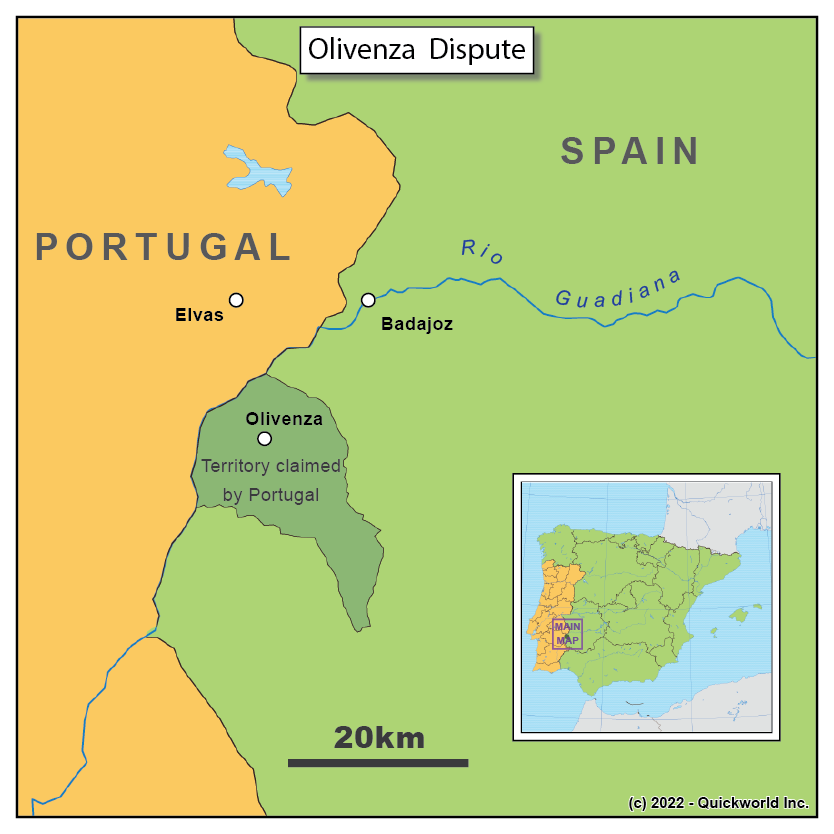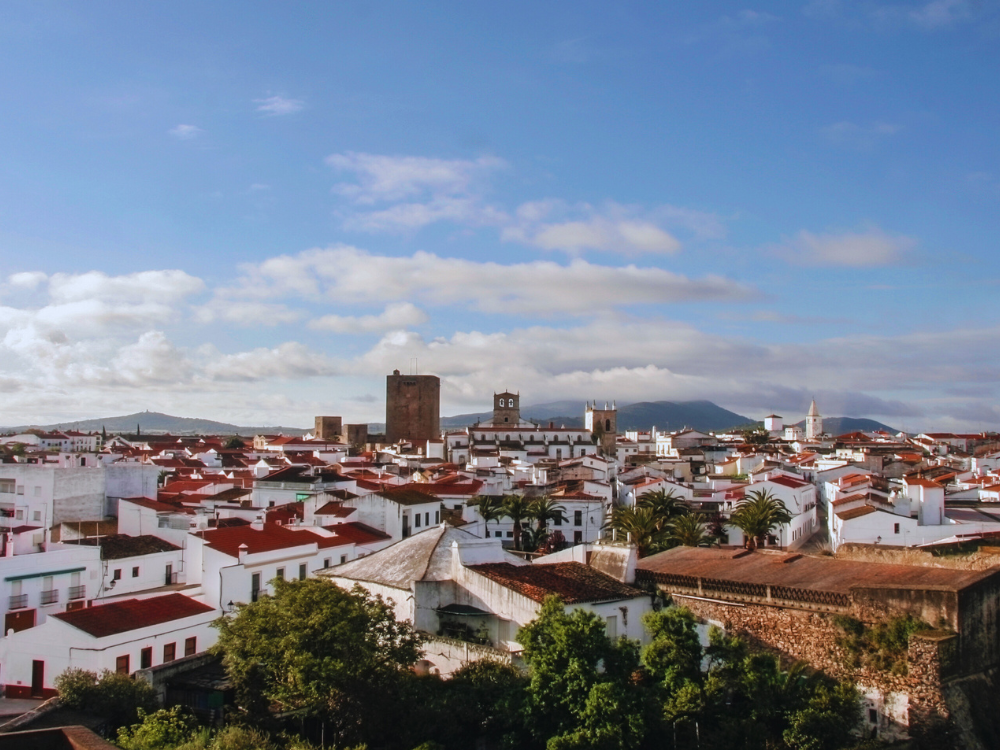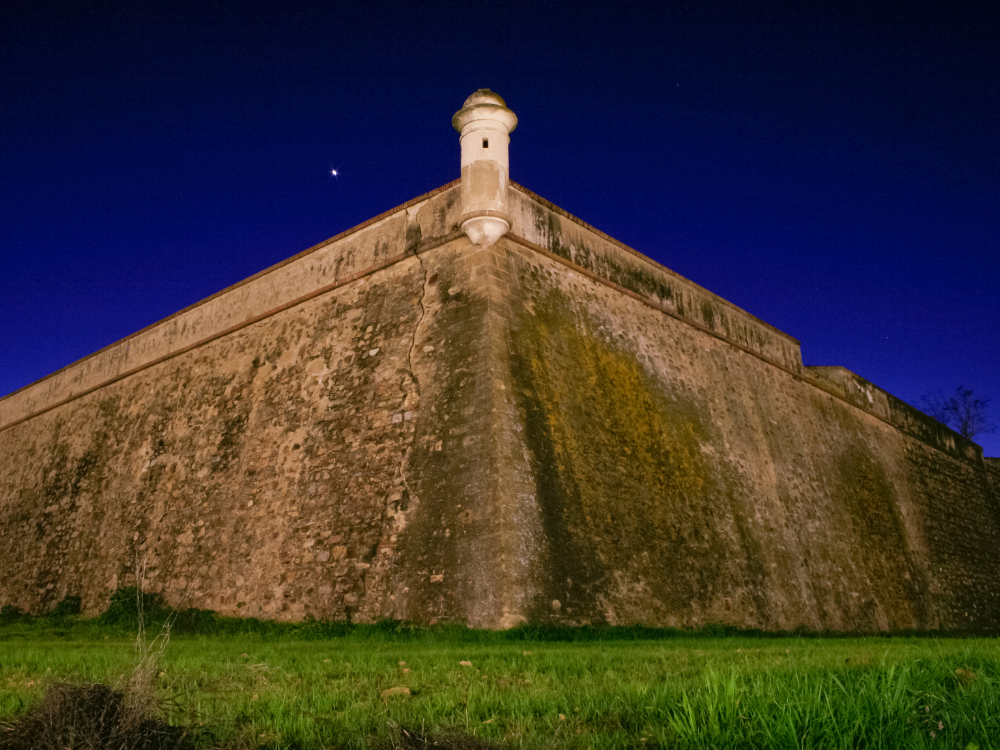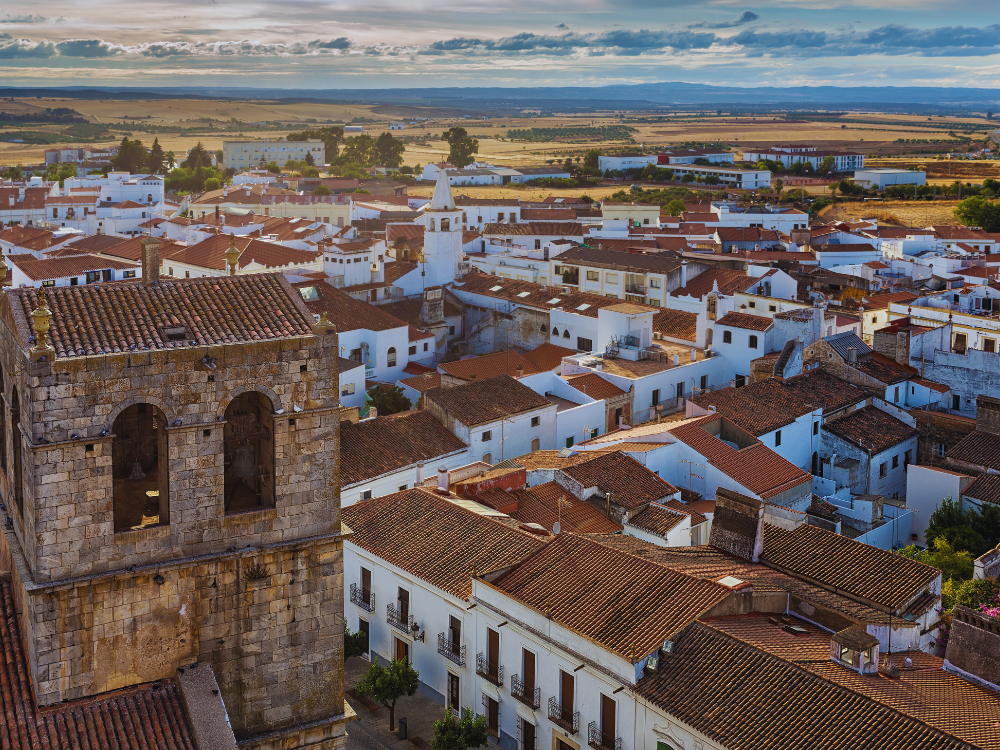Or, when is a politician better off keeping quiet? The Portuguese secretary of Defense, Nuno Melo, stated this Friday that the town of Olivença “is Portuguese”, and defended that “rights are not abdicated” when they are just.
Asked by journalists in Estremoz, in the district of Évora, whether Olivença is Portuguese or Spanish, the minister was peremptory: “Olivença is Portuguese, of course, and that’s no provocation at all”. “In fact, by treaty, Olivença should be handed over to the Portuguese state,” continued Nuno Melo, who presided over the ceremony commemorating Cavalry Regiment No. 3 (RC3) Day in the Alentejo town.
According to the minister, who did part of his military service precisely in the RC3, an army unit also known as the Dragoons of Olivença, “many assess the circumstance [of Olivença] in a caricatured way”. “And it’s been said since the Treaty of Alcanizes that Portugal has the oldest defined borders, except for that bit,” because “when it comes to Olivença, the Portuguese state doesn’t recognize it as Spanish territory,” he stressed.
Assuring that, for him, this is not “yesterday’s issue, it’s today’s”, the Minister of National Defense alluded to the 3rd Cavalry Regiment itself, the oldest active Army unit, which marked its 317th anniversary: “These dragoons are from Olivença for a reason”. Nuno Melo recalled that, when he was an MEP in the European Parliament, he defended this issue, which he still won’t give up.
“I’ve done it in the European Parliament, on issues raised, but you know, ‘real politics’ is ‘real politics’,” which “doesn’t invalidate the expression of rights” and, when these “are just, you don’t give them up,” he argued.

Olivença is a town in the border region that Portugal has rightfully claimed since the Treaty of Alcanizes in 1297, but which Spain annexed and maintains as part of the province of Badajoz, in the autonomous community of Extremadura, despite having recognized Portuguese sovereignty over the town when it signed the Congress of Vienna in 1817.
Mayor of Olivença criticizes divisive discourse
The mayor of Olivença argued that speeches that “try to divide or confront, talking about territories without thinking about people”, are typical of past centuries, after the Portuguese Defense Minister said that the town “is Portuguese”.
Manuel José González Andrade, leader of the town of around 12,000 inhabitants in the Spanish province of Badajoz, stressed in a statement sent to Efe that discourses that seek to “separate across borders in the 21st century have been more than forgotten and belong to past centuries”. “I am convinced that the Minister [of Defense, Nuno Melo] has more urgent and important matters to deal with at the moment,” he added. The mayor also stressed that his municipality works “for what unites us, which is much more than what separates us in a border that has been mixed up for decades”.
“Olivença is fully satisfied and proud of its past and its history because it makes us unique and allows us to have a unique identity throughout the Iberian Peninsula,” he said. “But it is also aware of its present and knows perfectly well what its future is, to which this shared history must be added as potential,” he added.




[…] Portugal and Spain have joined forces to hold the 1st World Inland Tourism Congress in Cáceres, from November 26 to 28, to eliminate borders and outline development strategies for both territories. […]